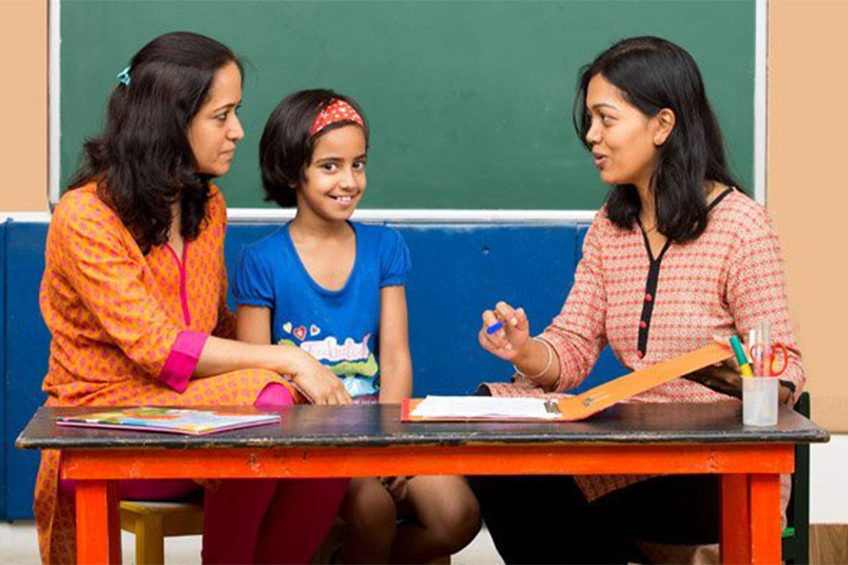

Effective communication between parents and teachers is paramount in ensuring a child's success in education. This blog post explores the vital role that parent-teacher communication plays in a child's educational journey.
By building strong relationships, sharing information, providing individualised support, and resolving challenges together, parents and teachers can create a collaborative environment that promotes the child's growth and development.
Establishing positive relationships between parents and teachers is the foundation of effective communication. By fostering open lines of communication, trust, and mutual respect, parents and teachers can create a supportive and collaborative learning environment for the child. This strong foundation sets the stage for meaningful partnerships.
Regular communication between parents and teachers allows for the exchange of important academic and behavioural information about the child. By sharing updates on the child's progress, strengths, and areas for improvement, parents and teachers gain valuable insights from both the home and school environments.
This comprehensive understanding enables them to work together to support the child's educational needs.
Parent-teacher communication enables the tailoring of teaching strategies and approaches to meet the child's specific needs.
By discussing concerns or challenges the child may be facing, parents and teachers can collaborate to develop personalised learning plans or interventions. This individualised support and guidance empower the child to thrive academically and emotionally.
Consistent messaging and reinforcement are crucial for a child's educational journey. Through effective parent-teacher communication, parents and teachers can align goals, expectations, and disciplinary approaches between home and school.
This consistency creates a cohesive support system that reinforces learning and behavioural concepts, contributing to the child's overall development.
Parent-teacher communication plays a vital role in early identification of potential learning difficulties or developmental delays.
By addressing concerns or observations from both parents and teachers, early intervention strategies can be implemented to support the child's progress. This proactive approach ensures that challenges are identified and addressed promptly, maximising the child's potential for success.
Open communication between parents and teachers encourages parental involvement in their child's education. By actively participating in school activities and events, parents can deepen their engagement and understanding of their child's educational experience.
Involving parents in decision-making processes regarding the child's education empowers them to contribute meaningfully to their child's growth and development.
Inevitably, challenges and conflicts may arise between parents and teachers. However, effective communication is key to resolving these issues in a respectful and constructive manner.
By seeking common ground and finding solutions that benefit the child, parents and teachers can overcome challenges and maintain a positive and productive relationship. Open and ongoing communication is vital for addressing concerns and maintaining a supportive educational environment.
Effective parent-teacher communication is a cornerstone of a child's educational success. By building strong relationships, sharing information, providing individualised support, and resolving challenges together, parents and teachers create a collaborative environment that fosters the child's growth and development.
Through open and ongoing communication, parents and teachers can ensure that the child receives the support, guidance, and opportunities necessary for a fulfilling educational journey. Together, parents and teachers have the power to shape and empower the next generation of learners.